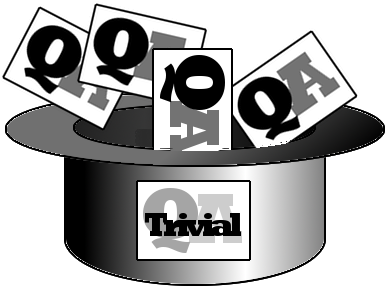I’ve been learning more about being organized since transitioning to full-time independent research a few months ago. I wanted to write down a few things I’ve learned about organizing one’s time. I have notes on how to organize a startup or a seminar, but this is less domain-specific. It’s about behaviors that ensure that (1) important things are attended to, and (2) that attention is effective and advancing. This is not a recipe for a healthy life. It might be healthier than the unorganized life of a similar level of demands, but what organization does is allow you to be effective, not stress-free. And beware: effectiveness can breed demands.
For some people, it’s important in what space, or hour, or community one’s work is done. My approaches do not require those, though those features can support and multiply the results.
Organization is about time and enumeration. Everything takes time, and being able to predict the amount of time is key. Work takes time: I allot 40-60 hours to it, and rarely let it take more than that. Relationships take time: About 40 waking hours seems to be a sweet spot for me, including meals and handling unplanned situations. With time for sleep and grooming, that leaves about 20 hours for everything else. I apply my organization to the work hours and most of the everything else hours.
By “enumeration”, I mean identifying distinct tasks, specifying priorities amongst them, and allocating time for them. I am best at predicting programming tasks: how many elements and sub-elements I need, how long each will take to build or to understand and make operational someone else’s work, and how much time I can expect to lose with bugs and dead-ends. The idea is similar elsewhere.
Here are the principles that seem generally applicable across the systems:
1. Use a technology that is both easy and available. Both physical and electronic technologies (and combinations) work fine. I’ve used note cards, note pads, printed schedules, physical mnemonics, spreadsheets, and plenty of websites. Currently, my system involves a note book, workflowy, google calendar, and an electronic translation of a previous notecard system.
2. Set priorities seasonally. Decide on 4 – 20 projects (depending on how much time you have, and how much time you want to give each), and enshrine those as your current priorities, at least for the portion of your time you’re organizing.
3. For projects that you want to “complete” and require time to get there, construct a schedule of deliverables. Treat each project like a class and write a syllabus for that class.
4. Recognize when a system is no longer functioning and replace it. I have used dozens of systems of organizing my time and enumerating priorities, and one thing I’ve learned is that most systems have a decay rate. The decay rate is related to how “unnatural” it allows you to be. I don’t know if we should be making systems that allow us to be unnatural, but they seem to satisfy other natural drives.
5. Respond to most emails once per day (unless it’s part of your job to respond, in which case just avoid responding to personal emails). Avoid checking email/IM/texts/blogs except at designated times.
6. Add ideas that you can’t deal with immediately to a list. Those ideas might become priorities for later seasons.
7. “Decompression” is insidious. 5 minutes seems healthy. But for me, if it involves brain candy, like blogs or video, it can take hours and leave me dissatisfied. Better to combine it with something else: reading or walking seem to work best.
